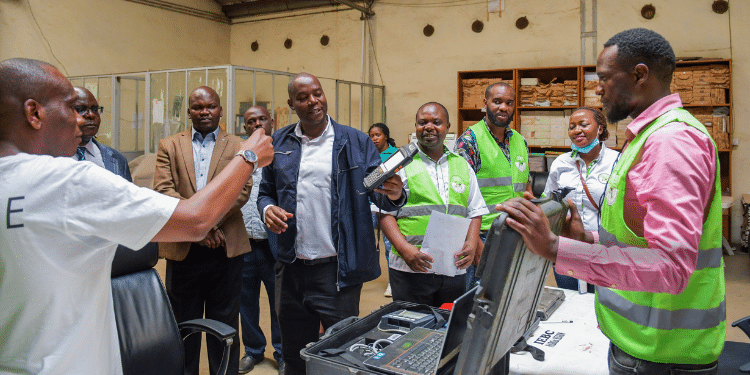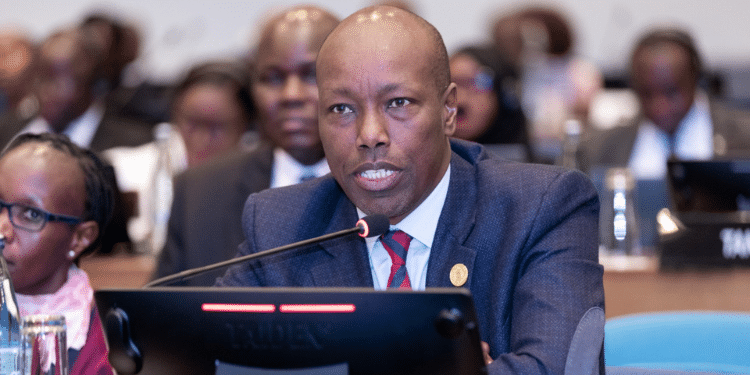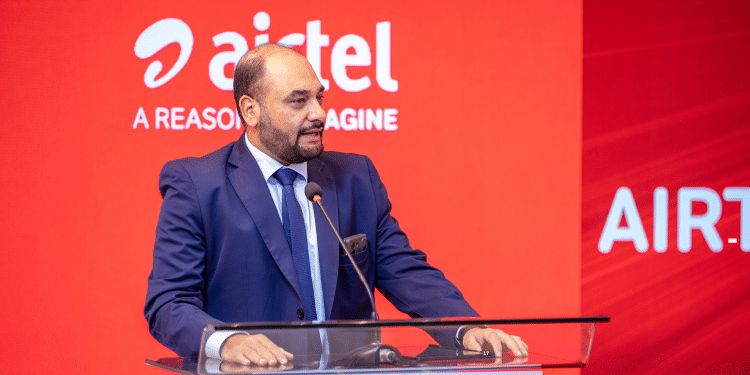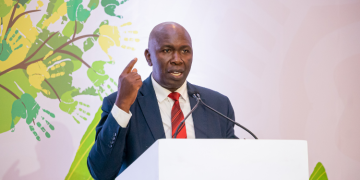Wealth tax is no longer an option, believes Algore Nyakundi, a graduate of finance from Jomo Kenyatta University Agriculture and Technology.
Kenya’s tax system is shaped by its 2010 constitution, which grants the National Government the authority to impose various taxes, including Income Tax, Value-Added Tax (VAT), Customs Duties, Excise Duty, and others. County Governments have the power to impose property rates, entertainment taxes, and other locally authorized taxes. Kenya’s tax system primarily focuses on income and profits rather than wealth.
Extreme inequality is out of control in Kenya. Less than 0.1% of the population (8,300 people) own more wealth than the bottom 99.9% (more than 44 million people).
According to tax consultant Dr Omondi economic growth has not been distributed equitably, exacerbating the gap between the wealthy and the less privileged. Wealth inequality is often even more significant than income inequality and has been on the rise.

Kenya’s Millionaires
A report by Oxfam, Patriotic Millionaires, the Institute for Policy Studies, and Fight Inequality Alliance, which draws its data from Forbes and Wealth X, places Kenya among 20 countries with the greatest combined assets of individuals in the dollar-multimillionaire bracket.
Also Read: Nairobi Ranked Fifth Among African Cities with Highest Number of Dollar Millionaires
The number of dollar multimillionaires in Kenya more than doubled in the 10 years between 2012-2022 after individuals with a net worth of Ksh620 million ($5 million) and above rose to 1,890 in a decade.
Of the 1,890 individuals, 130 have a net worth of over Ksh6.2 billion ($50 million) and a combined wealth of Ksh2.3 trillion ($18.7 billion).
According to the report, the number of Kenyans worth more than Ksh620 million rose by 72.4 percent since 2012, while those with a net worth higher than $6.2 billion expanded by 64.3 percent.
Understanding Wealth tax
In Kenya, the report suggests a wealth tax of two percent on millionaires and three percent on those with wealth above Ksh6.2 billion would raise Ksh90.5 billion ($730 million) annually, a figure enough to increase education spending by 14 percent and health by 34.3 percent.
Wealth tax is a crucial aspect of a country’s taxation system, focusing on an individual’s or entity’s assets’ market value. It is typically imposed on a person’s net wealth, calculated as the market value of their total assets minus liabilities.
Wealth tax encompasses a wide range of assets, including real estate, cash, bank deposits, pension plans, unincorporated businesses, personal trusts, financial securities, and more.
According to Irene Otieno, the national coordinator of the National Taxpayers Association, this tax is a source of government revenue and as a means of income redistribution.
Kenya’s tax base includes Income Tax, such as Corporation Tax, Pay As You Earn, Withholding Tax, Advance Tax, and Installment Tax. Additionally, there are Rental Income Tax, Value Added Tax, Excise Duty, Turnover Tax, Capital Gains Tax, and Agency Revenue (comprising Stamp Duty and Betting Tax).
Lost revenue
Kenya forfeits a significant amount of revenue annually due to tax exemptions and incentives, primarily benefiting multinational corporations and Export Processing Zones.
Tax evasion by unscrupulous business owners also results in substantial revenue losses, approximately 8.3 percent of the total government revenue. To compensate for these revenue gaps, Kenya heavily relies on Personal Income Tax, Corporate Income Tax, and taxes on goods and services (VAT and excise duties).
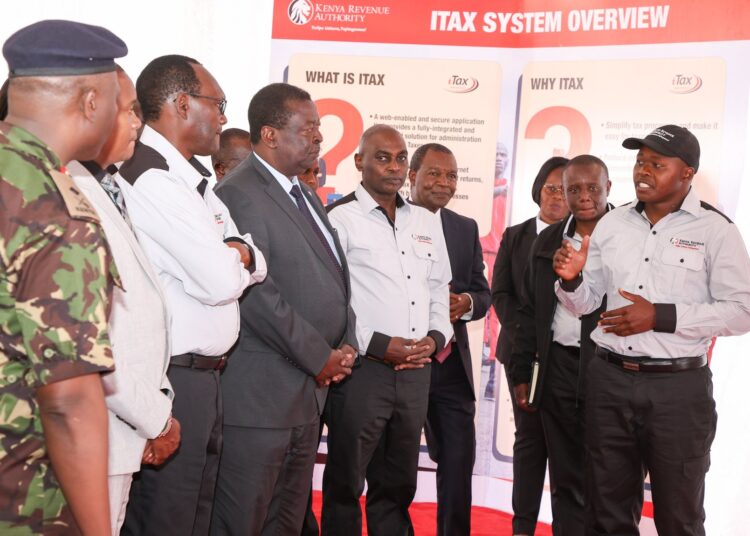
Also Read: Report Shows 40.5% of India’s Wealth is Owned by the Rich (1%)
Kenya currently levies wealth taxes in the form of Capital Gains Tax (CGT) and property taxes. CGT is imposed at a relatively low rate of 5% and is only applicable to the transfer of immovable property and unquoted shares. Property taxes, known as land rates, are payable to county governments but contribute minimally to total tax revenue.
Other forms of wealth taxes, such as inheritance tax and taxes on accumulated capital or assets, are notably absent in Kenya’s tax system. The low revenue generated from property taxes is attributed to administrative challenges, including outdated assessment rolls and computation methods.
The country relies heavily on income and profit-related taxes, leaving significant potential revenue untapped. To address this, there is a need to redefine and expand the wealth tax base, increase tax rates on existing wealth taxes, and improve tax administration through technological integration and anti-corruption measures. Public awareness and education by media and organisations like the National Taxpayers Association on wealth taxation’s role in reducing income inequality should also be prioritized.
Media is a key player as it generates 75 percent of its revenue from government and banks, according to Mr Mwaura board member of Kenya’s National Taxpayers Association.






